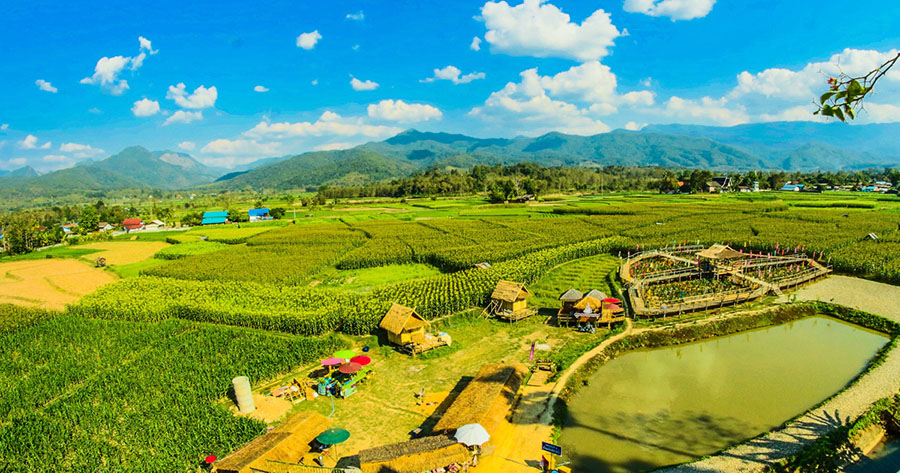
NEW YORK CITY, USA (25 October 2022) – The food crisis has highlighted the structural constraints within existing global food systems to realize the human right to food. That’s the finding of Michael Fakhri – the UN Special Rapporteur on the Right to Food – in his latest report, which will be presented to the 77th UN General Assembly (UNGA) on 28 October 2022.The report provides a framework to guide states in developing action plans to overcome these constraints and coordinate an international response to the food crisis; enabling just agroecological transitions are a central plank of its recommendations.
In this context, the Transformative Partnership Platform on Agroecology and the Swiss Government are hosting a side event to explore the report’s implications for the Agroecology Coalition – a group of nearly 40 countries, the European Union, the African Union, the Economic Community of West African States, and over 80 organizations from across the globe, that seek to transform food systems through agroecology.
The side event focuses on equity in food systems, with particular reference to gender and social inclusion, and the role of civil society and social movements in realizing just agroecological transitions.
With the participation of Olivier De Schutter co-chair of IPES-Food, and UN Special Rapporteur on extreme poverty and human rights!
WHEN: 10.30-13.00 (in person) 11.00-12.30 (online), 27 October 2022
WHERE: Millenium Hilton Hotel, One UN Plaza, New York and online
| REGISTER NOW |
For more information, please contact:
|













